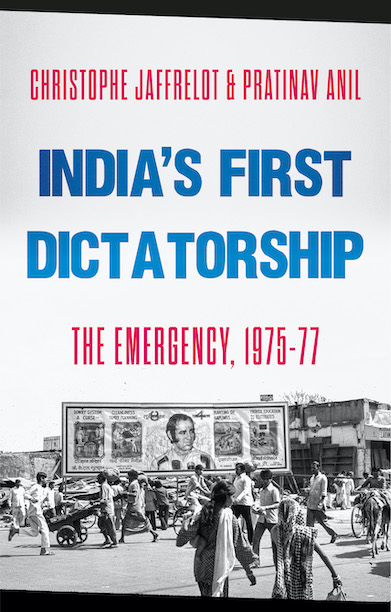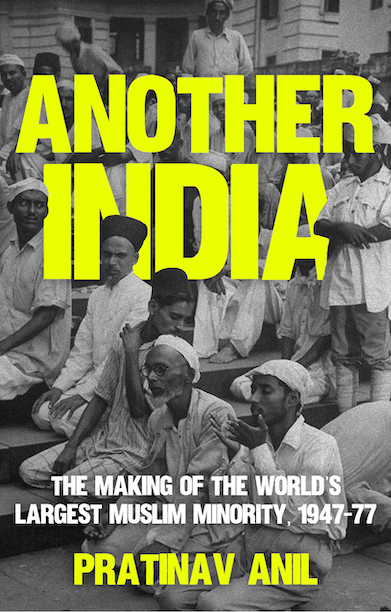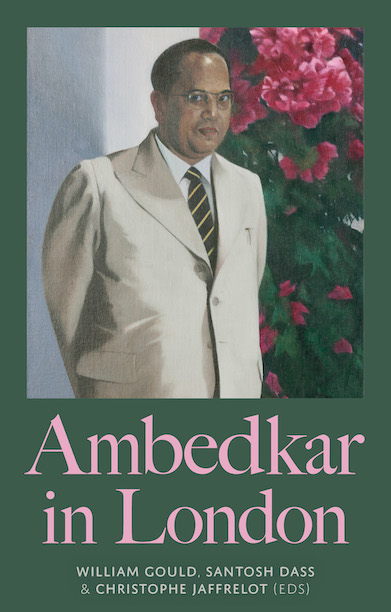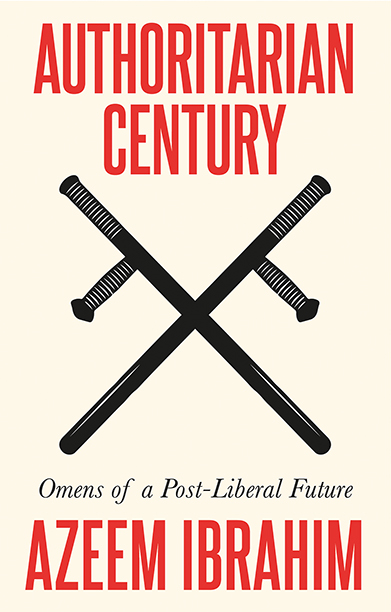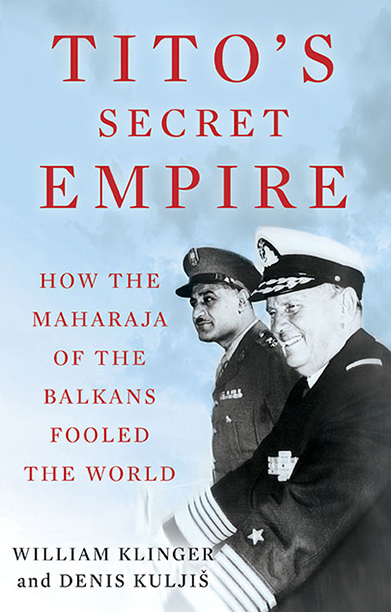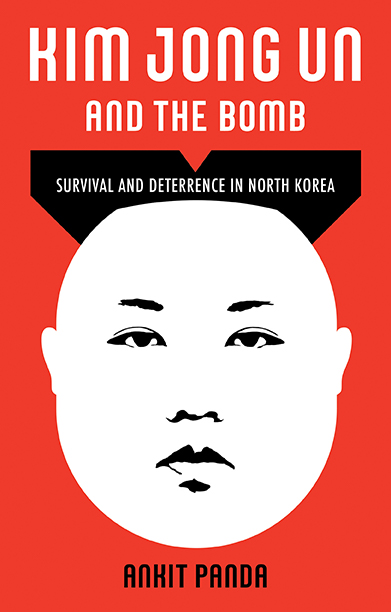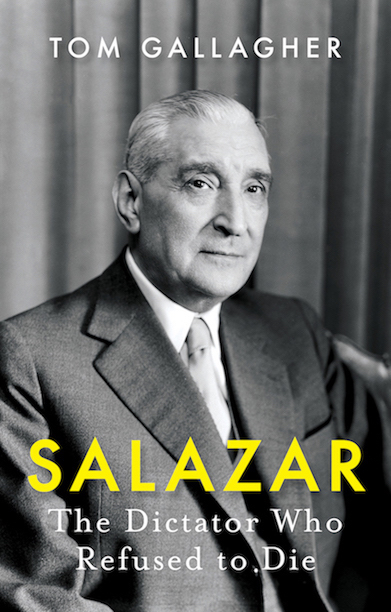India’s First Dictatorship
The Emergency, 1975–1977
Sheds light on one of the darkest moments in India’s recent history, drawing upon a trove of new sources.
Winner of the 2022 Karwaan Book Award
Description
In June 1975 Prime Minister Indira Gandhi imposed a state of emergency, resulting in a 21-month suspension of democracy. Jaffrelot and Anil explore this black page in India’s history, a constitutional dictatorship of unequal impact, with South India largely spared thanks to the resilience of Indian federalism.
India’s First Dictatorship focuses on Mrs Gandhi and her son, Sanjay, who was largely responsible for the mass sterilisation programmes and deportation of urban slum-dwellers. However, it equally exposes the facilitation of authoritarian rule by Congressmen, Communists, trade unions, businessmen and the urban middle class, as well as the complacency of the judiciary and media. While opposition leaders eventually closed ranks in jail, many of them—especially in the RSS—tried to collaborate with the new regime. Those who resisted the Emergency, in the media or on the streets, were few in number.
This episode was an acid test for India’s political culture. While a tiny minority of citizens fought for democracy during the Emergency, in large numbers the people bowed to the strong woman in power, even worshipped her. Equally importantly, Hindu nationalists were endowed with a new legitimacy. Yet, the Emergency was neither a parenthesis, nor so much a turning point but a concentrate of a style of rule that is very much alive today.
Reviews
‘The best and most comprehensive book on the Emergency.’ — Business Standard India
‘[India’s First Dictatorship is] to be commended, not just for [its] extensive research and intellectual sweep, but because of [its] contemporary relevance… Indeed, [its] studied analysis that the world’s largest democracy is fundamentally vulnerable to despotic rule will no doubt provide fresh insights on the current Indian political landscape, which many believe is under an undeclared Emergency.’ — India Today
‘Detailed and fascinating.’ — The Wire
‘A timely reminder that India’s hard-won democratic ethos cannot be taken for granted. … [India’s First Dictatorship] is a compelling account, which displays an extraordinary grasp of the political milieu that led to the state of emergency and provides a level of detail about its consequences never before attempted.’ — Foreign Policy
‘Represents a yet unmatched attempt to convey the elements of the Emergency in their many-sided complexity.’ — Los Angeles Review of Books
‘A tour de force… Christophe Jaffrelot and Pratinav Anil’s India’s First Dictatorship: The Emergency, 1975–77 shows how the Emergency has cast a long shadow and is also a window into understanding some of the present trends in Indian politics.’ — Pacific Affairs
‘This book rightly claims that this specific study of Emergency helps looking at Indian history through different lenses where the subordinated and oppressed citizenry are always at loggerheads. ‘This is the history of a constant struggle between the people on the one hand and the Republic’s rulers on the other.’ Indeed, this excellent volume does live up to this claim very well.’ — The Book Review
‘Offers a meticulous and convincing analysis of the Emergency, but also does more than that. The suspension of democracy in India is used as a lens to understand the maladies and weaknesses of India’s democracy and to remind the contemporary reader that the brief authoritarian interlude of the 1970s might not have been India’s first and last dictatorship.’ — The Bookshelf
‘[Christophe Jaffrelot and Pratinav Anil] must be complimented for pointing out among other things that democracy had not then, and still has not, become as deep-rooted in India as is necessary for it to strengthen the institutions of the state and benefit all sections of the people… [India’s First Dictatorship] is a welcome … addition to the existing material, most of which either tends to glorify the emergency and play down its excesses, or to vilify the principal participants in that sorry episode of Indian history.’ — The Commonwealth Lawyer
‘[A] rigorous and meticulous work of contemporary history that combines empirical and theoretical strengths in its analysis of one of the seminal events in the Indian republic’s political development.’ — Karwaan
‘Jaffrelot and Anil present a comprehensive account of the suspension of formal democracy in India. A sharp analytical assessment of the Emergency, it is bold, original and well-researched. This promises to be a landmark work in Indian politics.’ — Uday Chandra, Assistant Professor of Government, Georgetown University, Qatar, and co-editor of Staking Claims: The Politics of Social Movements in Contemporary Rural India
‘The best and most wide-ranging account of the Emergency in India. It is a ground-breaking contribution to the study of Indian politics and political history. Widely and deeply researched, comprehensive and analytical.’ — Srinath Raghavan, Professor of International Relations and History, Ashoka University, and Senior Fellow, Carnegie India
‘Jaffrelot and Anil’s meticulously researched account of India’s brief period of authoritarian Emergency rule in 1975-77 rightly approaches it not as an aberration, but as a product of the ambiguity of Indian democracy. Engaging and authoritative—it could prove definitive.’ — James Chiriyankandath, Senior Research Fellow, Institute of Commonwealth Studies, School of Advanced Study, University of London
‘Jaffrelot and Anil bring a rare depth of scholarship and nuanced analysis to their remarkable account of India’s Emergency. Drawing upon an unparalleled range of sources, this book is indispensable for anyone seeking to understand global authoritarianism and Indian politics today.’ — Rochana Bajpai, Associate Professor in Politics, SOAS University of London, and author of Debating Difference: Group Rights and Liberal Democracy in India
Author(s)
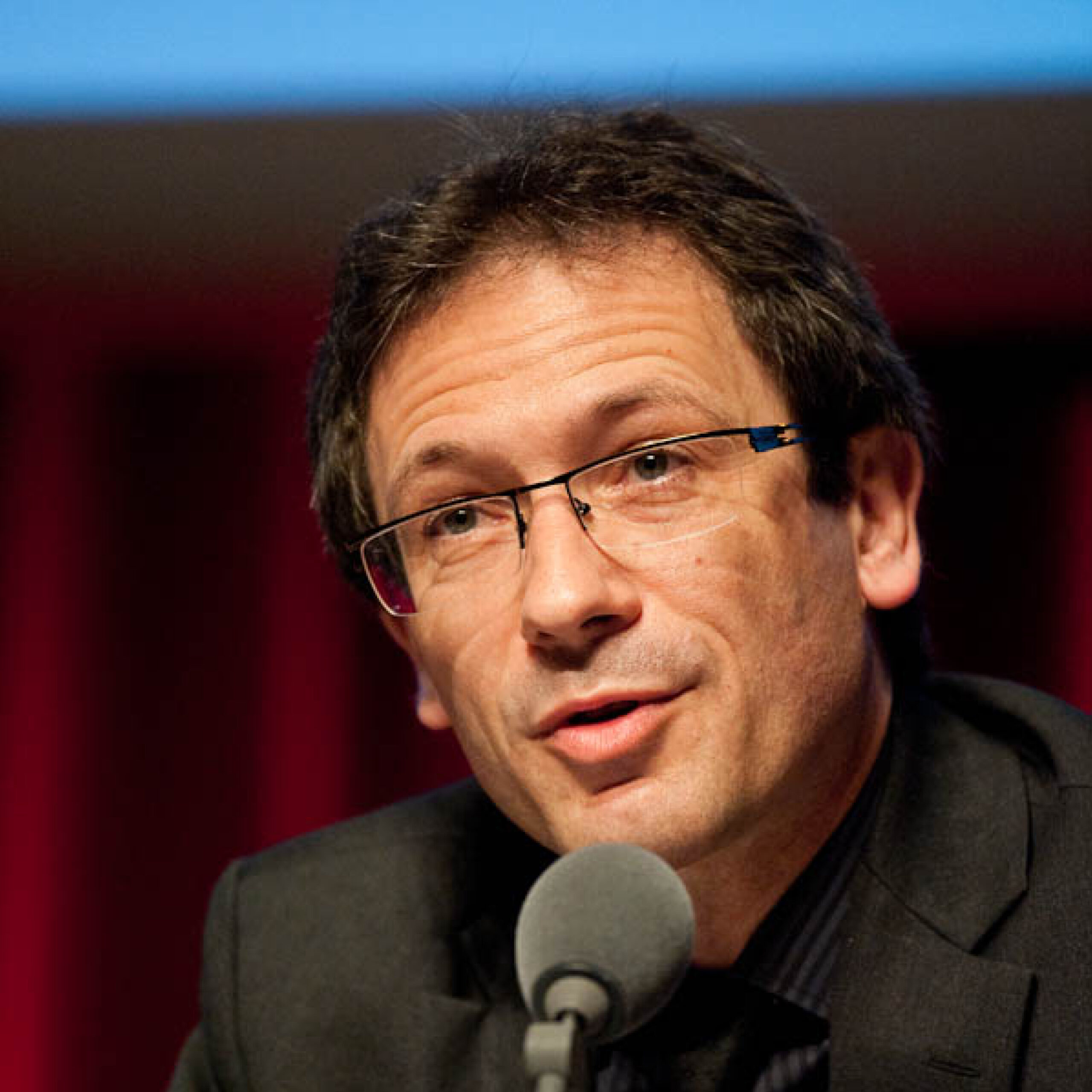
Christophe Jaffrelot is Avantha Chair and Professor of Indian Politics and Sociology at the King’s India Institute, and Research Lead for the Global Institutes, King’s College London. He teaches at Sciences Po CERI, where he was director between 2000 and 2008.
Pratinav Anil is a Lecturer in History at St Edmund Hall, University of Oxford, whose writings have appeared in The Times, The Guardian, Spectator, and Histo
